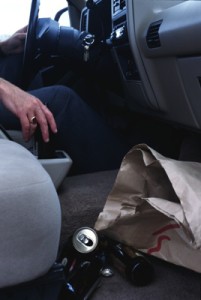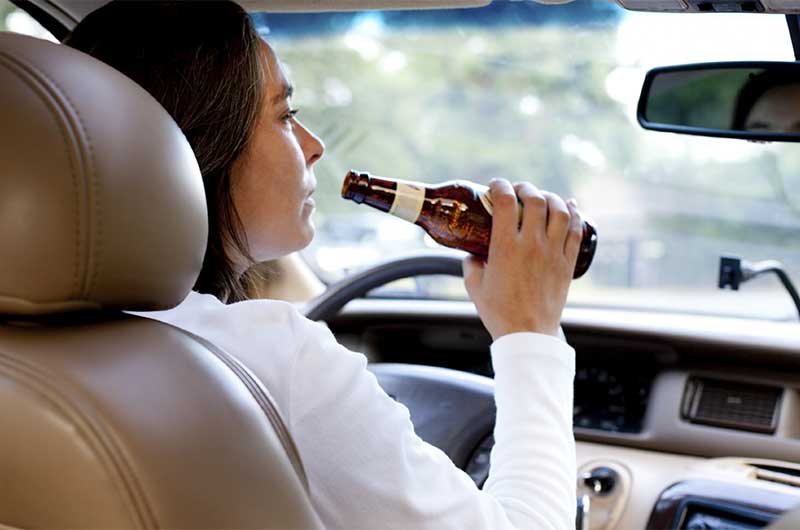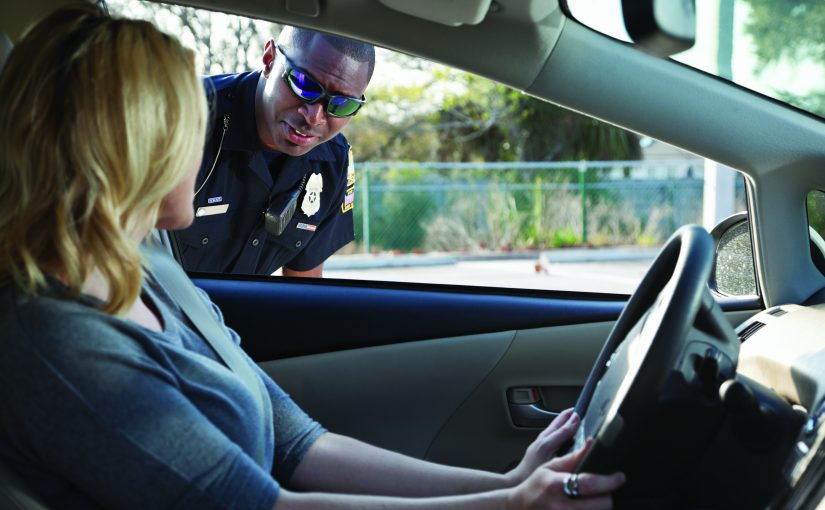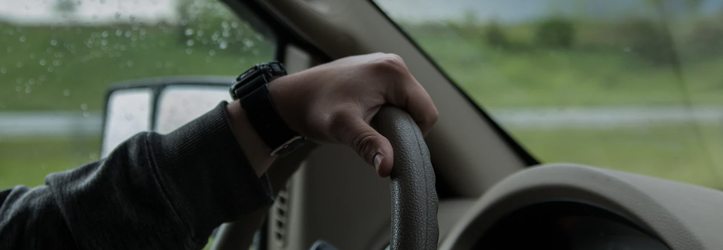

#What is driving while impaired license#
For someone convicted of High BAC, the license sanctions are even worse: No driving at all (hard suspension) for 45 days, followed by the next 10 and 1/2 months on a restricted license that only allows the person to operate a vehicle equipped with an ignition interlock unit. A conviction for Impaired Driving requires a person’s license to be restricted for 90 days, whereas a conviction for OWI requires that a person’s license be completely suspended for 30 days with NO DRIVING WHATSOEVER (this is called a “hard suspension”), followed by 5 months of restrictions. In terms of what you will actually experience in a 1st offense case (as opposed to a laundry list of technical differences that are more academic than practical), about the biggest advantage to Impaired Driving is that you won’t lose the ability to drive. 17 (also known as “ High BAC” or “Superdrunk”), OWI 2nd offense, and OWI 3rd (felony) offense), and Impaired Driving. There are several rather important differences between any of the regular OWI offenses (including 1st offense OWI, OWI with a BAC greater than. Instead, a person is considered to be guilty of Impaired Driving, when, according to the statute, “The person’s ability to operate the motor vehicle is visibly impaired.” As it stands now, there is no magic number, or BAC threshold, for Impaired Driving. 08 standard, the offense of Impaired Driving was retained, but the BAC limit of. In 2003, when Michigan changed it’s DUI laws to become the last of all 50 states to adopt the.

At the time, the legal limit for Impaired driving was. Prior to 2003, the legal limit for drunk driving in Michigan (then called “Operating Under the Influence of Liquor,” or “OUIL”) was. Here, however, is where we need the short-version history lesson about how things got to where they are now. 05, and this writer predicts it won’t be very long before other states, including Michigan, follow suit. That unanimity of that national standard will change on December 20, 2018, when the legal limit in Utah will drop from.

#What is driving while impaired driver#
In Michigan, as in all 50 states, a driver is considered drunk when his or her BAC is.

To keep things short (and hopefully interesting), I’ll skip much of the history lesson and get right to what Impaired Driving is all about and why, as far as drunk driving goes, it’s the best (and least serious) of all DUI charges. In the real world, “Impaired Driving” essentially translates to “ no jail,” and that’s just for starters. In this article I want to focus on one of the most important components of Michigan’s drunk driving laws known as “Impaired Driving,” often referred to simply as “ Impaired,” or by the initials “OWVI.” Although still an offense listed in Michigan’s Operating While Intoxicated statute (law), Impaired Driving is the least severe of all drinking and driving offenses and is the sought-after goal and plea bargain in any DUI case that doesn’t otherwise get thrown out of court. The legal term here for a drinking and driving offense is “ Operating While Intoxicated,” or “OWI. While just about everyone uses the term “ DUI” to describe it, technically speaking, there is no such thing in Michigan. As a Michigan DUI lawyer, I deal with drunk driving charges every day.


 0 kommentar(er)
0 kommentar(er)
